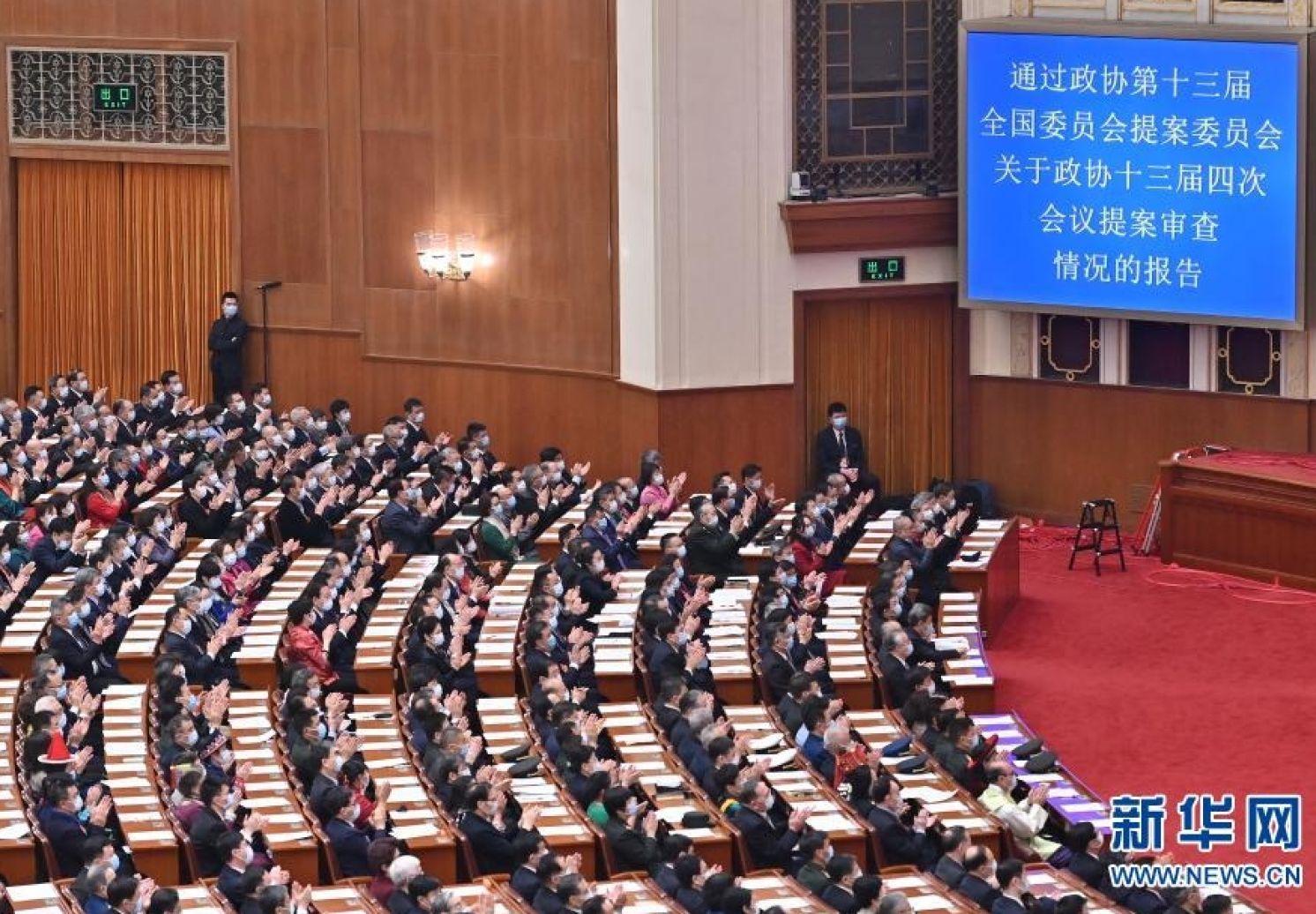
This Week in Taiwan 0310-0316
March 10: The Chinese People's Political Consultative Conference (CPPCC) concluded with a "political resolution" passed. In the section related to Taiwan, it reaffirms the commitment to jointly promote the progress of peaceful reunification of the motherland. This effectively sets the tone for mainland China's Two Sessions (i.e. the National People's Congress and CPPCC) regarding Taiwan, and it is the first time since 2018 that a political resolution explicitly mentions "peaceful reunification."
March 10: The opposition Kuomintang (KMT) and Taiwan People's Party (TPP) have expressed their intention to push for non-resident voting legislation, allowing citizens to vote in presidential elections even if they are not physically present in Taiwan. This move aims to safeguard citizenship rights. However, the ruling Democratic Progressive Party (DPP) has criticized the proposal as unconstitutional, raising concerns about potential interference from China.
March 11: Controversy has surrounded the Mirror TV news channel with reports suggesting senior-level government intervention during its establishment process. After obtaining its broadcasting license in 2022, the channel experienced unusual personnel changes at the executive level, including three different chairpersons within a month. The opposition had repeatedly proposed the formation of an investigative committee in the Legislative Yuan, but the DPP consistently blocked such efforts. With the new legislative session, the KMT and TPP have jointly established a special investigative team, providing an opportunity to subject the Mirror TV controversy to public scrutiny.
March 11: Director Tsai Ming-yen of the National Security Bureau (NSB) delivered a special report in the Legislative Yuan which analyzes international and cross-strait developments in response to Communist China's Two Sessions and the upcoming United States presidential election at the end of the year. Both the NSB and the Ministry of National Defense closely monitor the situation in the Taiwan Strait. Currently, there is no intelligence indicating a sustained escalation of regional tensions or any abnormal conditions that could lead to imminent war. However, Minister of National Defense Chiu Kuo-cheng recently expressed concern that cross-strait relations are on the brink of war, keeping him awake at night.
March 12: Vice President-elect and former representative to the United States Hsiao Bi-khim paid a low-key, private visit to Washington. According to an unnamed source cited by the Wall Street Journal, the purpose of Hsiao's trip is not only to pack her personal belongings but also to meet with U.S. officials and discuss policies of the new administration after her inauguration. Additionally, she plans to visit several European countries in her private capacity. Taiwan and the United States are reportedly concerned about China's reaction and are attempting to keep Hsiao's itinerary confidential.
March 12: During a legislative inquiry, Minister of National Defense Chiu Kuo-cheng was asked to clearly define "local collaborators" of Communist China. Chiu responded that spreading any information or statements unfavorable to Taiwan and beneficial to the mainland is preliminarily considered collaboration with China, but further investigation will need to be conducted by the judiciary. Opposition lawmakers criticized this stance, questioning whether criticizing the government automatically qualifies as a collaboration with China.
March 13: One month after a mainland Chinese fishing vessel capsized in restricted waters near Kinmen, Spokesman Chen Binhua of the Taiwan Affairs Office (TAO) of the mainland's State Council responded to media that the Taiwan Strait is not "international waters." China claims sovereignty, sovereignty rights, and jurisdiction over the Taiwan Strait. The Mainland Affairs Council (MAC) responded strongly, asserting that Taiwan and the international community do not accept Communist China's disregard for facts.
March 13: Before leaving office, President Tsai Ing-wen initiated cross-party dialogue, holding her first meeting with Chairman Ko Wen-je of the TPP. This marks the first time in her eight-year tenure that President Tsai has engaged in face-to-face communication with an opposition party leader. She expressed hope for the continued establishment of a platform for inter-party communication in the future.